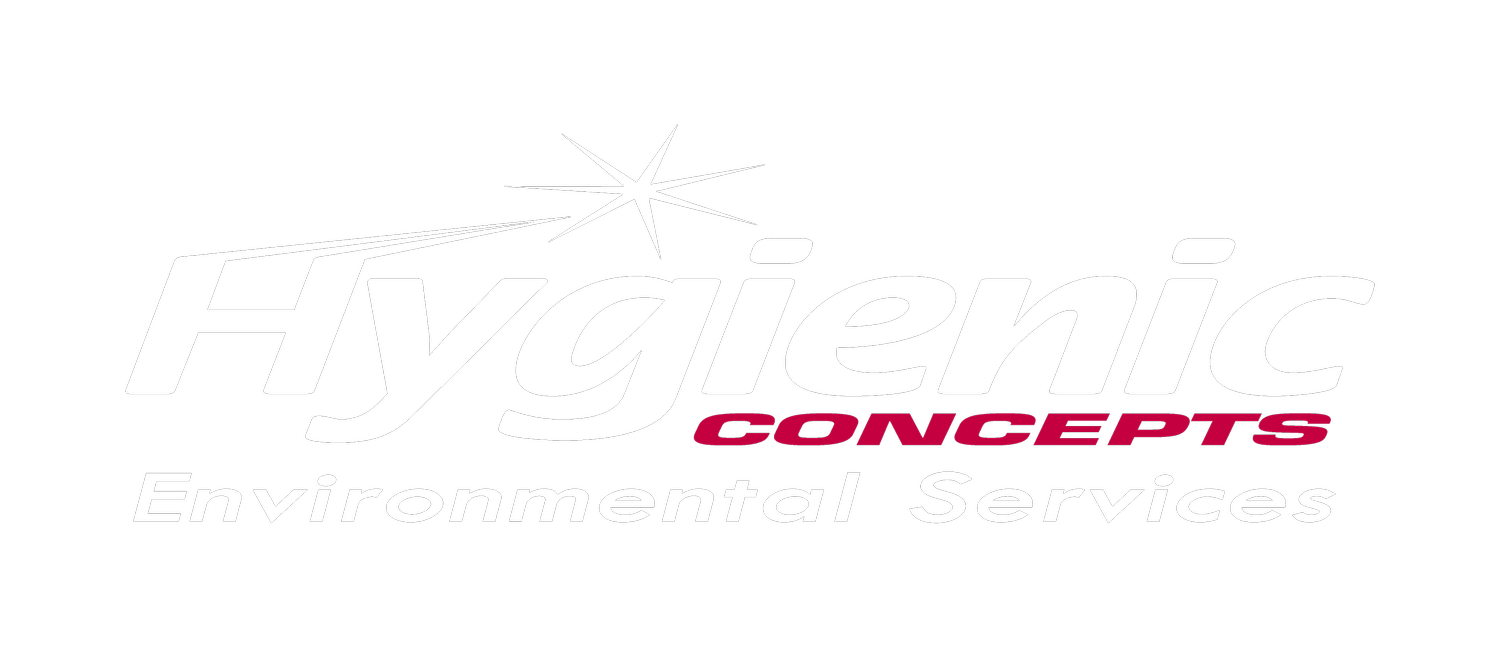Hygiene in Education: Nurturing Healthy Minds and Bodies
In the bustling world of education, where knowledge and curiosity collide, one often overlooked cornerstone plays a pivotal role: hygiene. It's not just about clean hands and tidy classrooms; it's about creating an environment that nurtures healthy minds and bodies, setting the stage for optimal learning and growth. Imagine a classroom where germs run rampant, where the air is stale, and where neglecting personal cleanliness is the norm. Such an environment becomes a breeding ground for illnesses, leading to absenteeism and a disruption in the learning process. But when hygiene is prioritised, a ripple effect of positive outcomes follows:
Health and Attendance: Clean and sanitised classrooms reduce the spread of infections. Healthy students attend school regularly, leading to better academic performance.
Focus and Participation: When students feel fresh and comfortable, they can focus on learning. Self-confidence blooms, encouraging active participation and engagement.
Life Skills: Education isn't just about facts and figures; it's about preparing students for life. Teaching proper hygiene equips them with essential life skills that extend far beyond the classroom.
Hygiene Practices for a Thriving Educational Setting
Clean Spaces: Regular cleaning and disinfecting of classrooms, restrooms, and common areas create an environment that's conducive to learning. A clutter-free space fosters a clear mind.
Hand Hygiene: Instill the habit of proper handwashing. Provide accessible hand sanitisers and teach students the importance of washing hands before meals and after using the restroom.
Respiratory Etiquette: Teach students to cover their noses and mouths when sneezing or coughing, helping prevent the spread of germs.
Personal Care: Encourage students to take care of themselves. Teach them about oral hygiene, hair cleanliness, and the benefits of regular bathing.
Health Education: Integrate hygiene education into the curriculum. Discuss the science of germs, the history of public health, and the cultural aspects of cleanliness.
Lead by Example: Educators and staff should model good hygiene practices. When students see their role models valuing cleanliness, they're more likely to follow suit.
Hygiene: A Pathway to Lifelong Well-being:
As educators, parents, and community members, we share the responsibility of creating an environment that promotes holistic well-being. When we prioritise hygiene in education, we're not just preventing illnesses; we're nurturing healthy habits that can last a lifetime.
Let's weave hygiene into the very fabric of education, fostering a culture of cleanliness and health. Together, we can build a foundation for a brighter, healthier future—one where the pursuit of knowledge goes hand in hand with the practice of good hygiene.
Stay clean, stay healthy, and keep learning!
At Hygienic Concepts, we're dedicated to empowering organisations with the knowledge and resources they need to establish impeccable cleaning practices. We believe that a clean environment is essential for the health and productivity of everyone involved! Contact us today for more information!
🌐 https://www.hygienicconcepts.co.uk/education
✉️ info@hygienicconcepts.co.uk
📞 01543 495030
#hygieneeducation #hygiene #hygienicconcepts #hcblog #education #future

